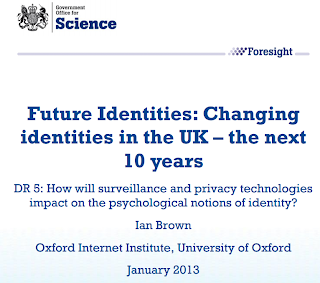#Identity. Are we (the industry) the problem?
How many people do you need before identity has value - two! How come, as an industry where 3.2bn ( McKinsey ) people have a digital identity, are we so fragmented, uncoordinated and disagreeable? It is evident that our ongoing discussions about identity, ethics, bias, privacy and consent revolve around a lot of noise (opinions) but little signal (alignment), but why? Recognising that in 30 years of digital identity, we still lack coherent and coordinated action to make it work for everyone is a reality. Perhaps it is time to recognise that it is “us”, the industry, who are the problem. We continue in our self confirming opinions, righteous products and determination to win at all costs. I am not saying we have not made progress or done amazing things, but we have not done as well as we should have! As identity now takes several forms insomuch that it emerges from interactions with a system (say payment & reputation), is foundational (given by an authority,...




